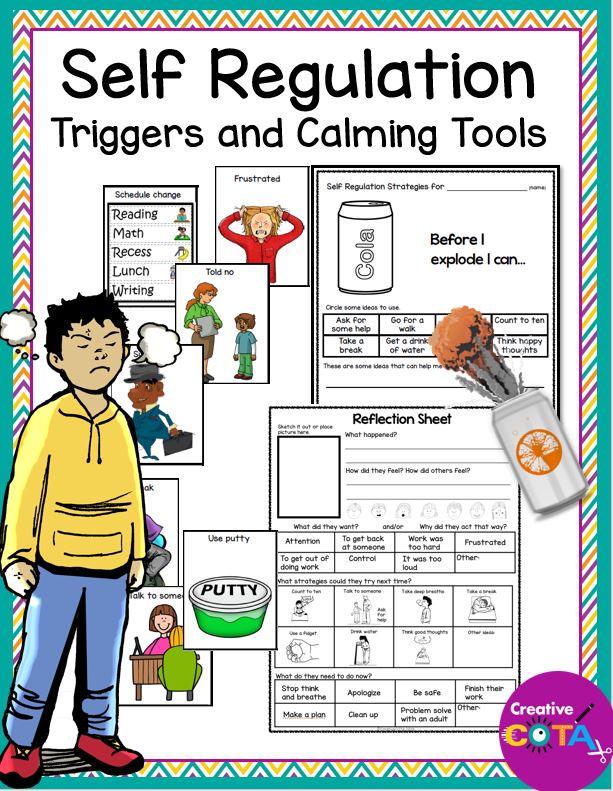Positive Parenting Strategies for The Teenage Years

Raising a child is one of the most rewarding yet challenging experiences a parent can go through, especially during the teenage years. As parents of teenagers, we often worry about our child’s need for independence, their social skills, mental health issues, and forming strong relationships. Let’s explore positive parenting strategies for the teenage years and techniques to help you navigate the ups and downs of the teen years and maintain a healthy relationship with your young adult.

Parenting Principles – Ebook and Workbooks
What is Positive Parenting?
Positive parenting is an approach that focuses on nurturing, empathy, and open communication, rather than punishment, fear, or power struggles. This approach encourages parents to build a strong bond with their children and foster good behavior, while also setting appropriate limits and respecting the child’s growing independence.
Positive Parenting Techniques
Some positive parenting techniques include spending quality time together, setting house rules, using positive discipline, and maintaining open lines of communication. These techniques can help parents of teens address common teen behaviors, such as mood swings, social media use, and drug use, while also supporting their child’s development and decision-making abilities.
10 Positive Parenting Strategies for The Teenage Years
Here are 1o suggested positive parenting strategies for the teenage years to consider.
Encourage Open Communication
Creating a safe space for your teenager to share their thoughts and feelings is crucial to building trust and fostering open communication. Make sure your teen knows they can come to you with any concerns or questions, and always listen without judgment.
By maintaining open lines of communication, you can better understand your teen’s perspective and help them navigate through their challenges. Keep conversations respectful and honest, and be empathetic towards their feelings.
Set Clear Expectations – Positive Parenting Strategies for the Teenage Years
Establishing clear house rules and expectations for good behavior helps your teenager understand the boundaries and consequences of their actions. Be consistent in enforcing these rules, and ensure that the consequences are fair and appropriate. Involve your teenager in the process of setting these expectations to promote a sense of ownership and responsibility. Remember to be realistic and flexible as your child’s needs change over time.
Spend Quality Time Together
Spending time together as a family can strengthen your bond and create a positive environment for your teen. Plan fun family activities, such as movie nights or outdoor adventures, and encourage your teenager to participate in extracurricular activities to foster personal growth and social connections. By spending quality time together, you can better understand your teen’s interests and provide support in their endeavors.

Teach Critical Thinking
Encouraging your teen to think critically about different situations and possible solutions helps them develop problem-solving skills and make informed decisions. Ask open-ended questions, challenge their assumptions, play critical thinking games and encourage them to consider different perspectives. By nurturing critical thinking abilities, you prepare your teenager to make their own decision, face real-world challenges and foster independence.
Monitor Screen Time
While video games and social media can be enjoyable, it’s important to set limits on screen time to ensure your teen is also engaging in healthy activities and social interactions. Establish clear guidelines for technology usage, and encourage your teenager to balance their screen time with hobbies, exercise, and face-to-face interactions. By monitoring screen time, you can promote a well-rounded lifestyle for your young adult.

How to Reduce Screen Time for Kids Ebook
Be a Role Model
Your actions and behavior serve as a powerful example for your teenager. Demonstrate good manners, respect, and hard work to encourage your teen to adopt these values. Share your experiences, both successes and failures, to show them that everyone makes mistakes and that it’s essential to learn from them. By being a positive role model, you can inspire your teenager to strive for personal growth and responsibility.
Offer Descriptive Praise
Celebrate your teen’s accomplishments with specific, positive feedback . Acknowledging their hard work and achievements can boost their self-esteem and motivate them to continue working hard. Be genuine in your praise and focus on the effort they’ve put in, rather than just the outcome. This helps your teenager understand the value of perseverance and dedication in achieving their goals.

Respect Their Privacy
As your child grows into a young adult, it’s essential to respect their need for privacy and allow them to develop their own identity. Give them space to explore their interests, make mistakes, and learn from their experiences. Establishing healthy boundaries can help your teenager feel more independent and confident in their decision-making abilities, while still knowing they can turn to you for support when needed.
Positive Parenting Strategies for the Teenage Years – Address Mental Health Issues
Be attentive to any signs of mental health issues, such as low self-esteem, anxiety, or depression, and seek professional help if necessary. Encourage open conversations about mental health and reassure your teen that asking for help is okay. By addressing mental health concerns early on, you can provide the necessary support and resources to help your teenager navigate through challenging times.

Self Regulation Triggers and Calming Tools
Stay Involved
Stay informed about your teen’s school work, peer group, and extracurricular activities to better understand and support them during this crucial period. Attend school events, communicate with their teachers, and show interest in their social life. You can offer guidance and encouragement by staying involved while demonstrating your commitment to their well-being and success.
Work on Positive Parenting Strategies Before the Teenage Years
Fostering a positive parenting approach during the middle school years sets the stage for a more open and trusting relationship with your children as they transition into high school. By establishing open communication, clear expectations, and a strong bond during these formative years, you create a solid foundation for navigating the challenges and complexities that often arise in the high school years.
As teenagers face increased academic pressures, complex social dynamics, and newfound independence, a well-established relationship built on trust, understanding, and support becomes invaluable. This open relationship allows your high schooler to feel comfortable discussing sensitive issues, seeking guidance, and sharing their experiences, while also ensuring they have the emotional and practical tools necessary to make responsible decisions.
Ultimately, the positive parenting practices cultivated during middle school create a lasting connection with your child that empowers them to navigate the high school years with confidence and resilience.
It is NEVER Too Late to Start with Positive Parenting
It’s never too late to start implementing positive parenting techniques, regardless of your child’s age or the current state of your relationship. Adopting a more nurturing and empathetic approach can significantly improve the parent-child bond and create a supportive environment conducive to personal growth and healthy communication. When parents make a genuine effort to change their parenting style, it demonstrates their commitment to fostering a strong relationship with their children, which can inspire trust and respect from both parties.
Embracing positive parenting techniques can lead to a more harmonious family dynamic and promote a better understanding of one another’s needs and feelings. Remember, change takes time and patience; however, the long-term benefits of a positive parenting approach can transform your family’s relationships and well-being, making it well worth the effort to begin the journey at any stage of your child’s development.
Read more positive parenting strategies for the teenage years at the CDC website.
Parenting Principles – eBook and Workbooks
Raising a healthy and happy child is one of the most difficult and rewarding jobs for parents. Yet there is no formal training or “how to” book that comes with your children. Our Parenting Principles framework guides you on your parenting journey with consistency, love, and structure.
Parenting is hard… that’s why most of us instinctively approach it from a position of fear, yelling, and punishment. But it doesn’t have to be that way! Our simple but powerful framework for positive parenting helps you get back on track and feel calm, confident, and connected with your kids.
Don’t miss out on this opportunity to learn new skills, understand your child’s actions, and create a positive parent-child relationship. Click the link below to access our Parenting Principles eBook and Workbooks, which are filled with actionable strategies, tips, and insights to help you confidently navigate parenting.
Invest in your family’s future and take the first step towards a more positive parenting experience. With our guidance, you’ll be equipped to handle the biggest changes and challenges that come with raising teenagers, while fostering a loving and supportive environment for your whole family.
Your journey to becoming the perfect parent may not be easy, but with our Parenting Principles framework, you’ll have the tools and support you need to create strong, lasting connections with your teen. So don’t wait, click the link below and start building a better relationship with your child today!
Click here to find out more about the Parenting Principles eBook and Workbooks


